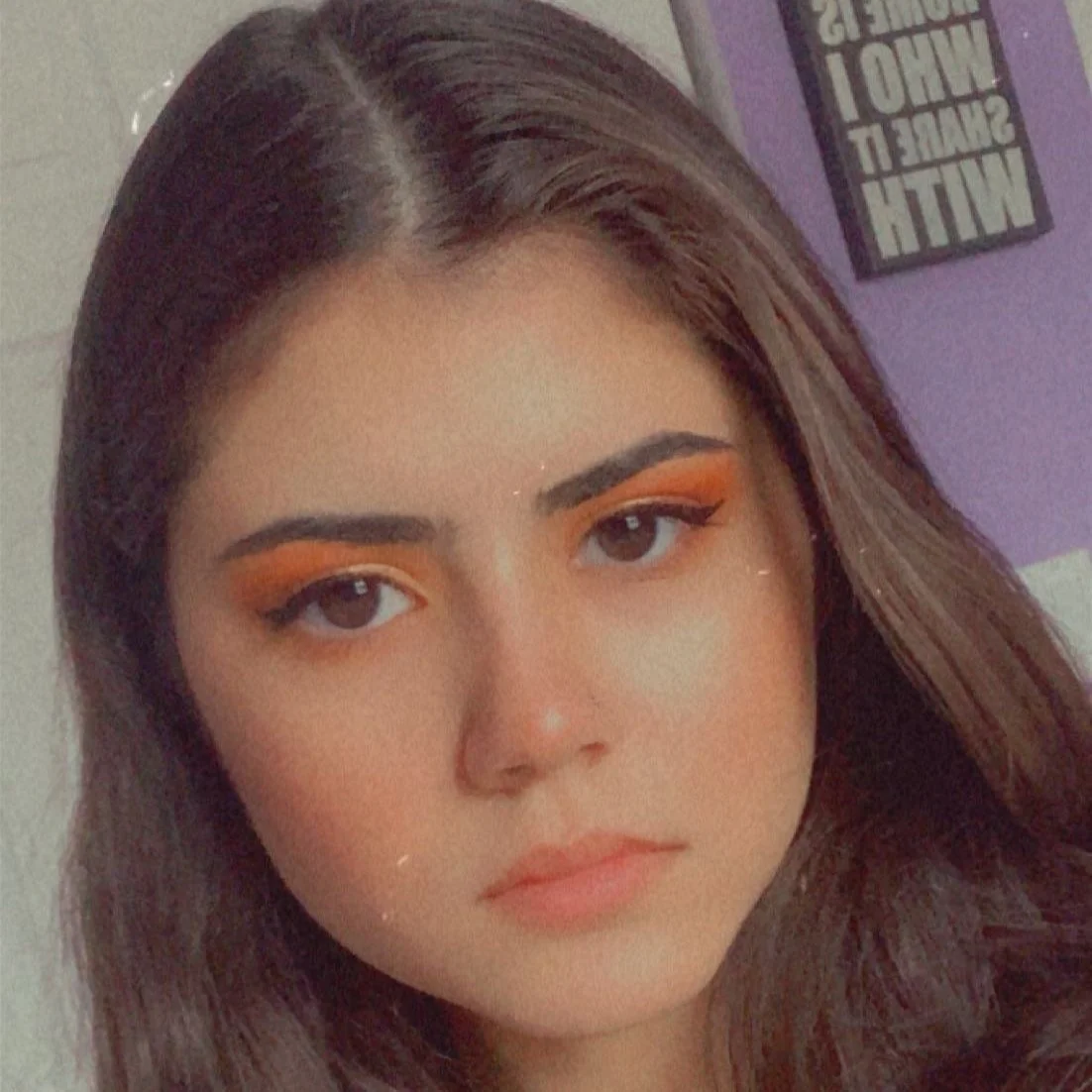THE ANDES SPEAK OF DEATH AND 2020-TOLD IN TWO HEMISPHERES
April 2020, southern hemisphere
The Andes seem awfully quiet these days. Cotopaxi no longer writhes magma now that the streets have become volcanic. My mother sends condolences to people in Guayaquil who would be lucky to have their bodies turned to ash, whose families no longer buy urns now that their sidewalks have become gravestones. The morgues in Ecuador have become so overwhelmed that families wait days before authorities can pick up the corpses on their driveways. They leave their loved ones slung like coats over wheelchairs to die at hospital doors, pack them into cardboard coffins to bury in their backyards and wrap their bodies in plastic tarp for their skin to bubble and swell under the heat like pan de dulce.
July 2014, southern hemisphere
You could still hear an Andean whisper from my grandfather’s beach home in Salinas. I had never seen mountains before, let alone spoken to them, but they told me of the traditions of the highlands and the coast, made me promise not to tell the beaches. I didn’t know my grandfather that well but I knew he heard them too, understood their Quichua imprinted in his palms that picked husks from durian trees, his voice rung baritone anytime he talked back. When my grandfather died, the mountains hushed to a lull. I wish they had told me how to deal with a grieving mother, and the guilt of not grieving with her. The only memories of my grandfather I can recall are of the last time I saw him, in Salinas, as if I had met him for the very first time, as if the photos of when he was strong enough to visit us in America and hold me meant nothing. I could tell you of the soccer ball I kicked over his electric fence, the 50-degree saltwater I could barely swim in, the cold shower I took after my brothers buried me in the shore, how the sand washed off the grooves between my goosebumps to reveal shivers and sunburns, how the last thing I remember telling my grandfather, when he asked me if I wanted cafe con leche, was no, how I ignored his somber eyes and sagging face. Is it too late for me to say that I loved him to death?
April 2020, northern hemisphere
I’m only reminded of the mountains vaguely and in passing, in newspaper headlines of Ecuador, the South’s epicenter and from picture of unclaimed bodies stacked in mass graves and mounds. I can’t tell if the photos are from Guayaquil or New York’s Hart Island anymore. Peaks and troughs don’t mean what they used to, not since I’ve stared at death charts so long that I forget that they’re people, hundreds of thousands of people whose names mean nothing behind numbers, whose families’ grief was reduced to a statistic. I wonder how many people died alone, with no one to remember their name. I no longer wonder why mountains tend to form in ranges and not isolated summits.
Present Day, Northern Hemisphere
Today, as I wear my mask, I am reminded of Quito, of being 9,000 ft above sea level on Andean foothills where the air was so thin and the sun so close I could barely catch my breath, of the vertigo from climbing hills so high I got nosebleeds. I want to be there, standing on the equator with both feet in each hemisphere again, feeling on top of the world, blissful in ignorance and too young to know of anything but life, but now the Andes only speak of death and 2020, and for the first time, I grieve.
ISABELLA RAMIREZ
My piece serves as an exploration of the grief and how COVID-19 has changed my perspective on death. I use my experiences of grieving my grandfather and my struggle to connect with him due to physical and emotional distance to parallel my experiences during the pandemic.

